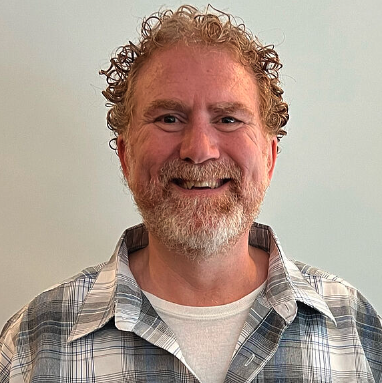| By Evert van Vlastuin (CNE.news) Really sad and really heavy. That is how pastor Craig Simonian responds to the moment that Nagorno-Karabakh is emptied of Armenians. “No one is left there.” For centuries, the Armenians lived there, he says. They built their lives there and buried their relatives. “And in one week, it is over.” Simonian speaks to CNE.news from the Armenian capital Yerevan. Most of the refugees come to that city. That is logical, he says. “One-third of Armenians live here, so there is a big chance that people have their relatives here.” But they go to other towns and villages as well. “The populations of some places grow with 10 per cent.” Above that, the health care is best in the city, as are the schools and universities. Also, other towns and cities take in the refugees. He says the influx is “overwhelming” for the whole country. Where are the refugees located? “Anywhere and everywhere”, Simonian says. “People stay with relatives and in empty houses. House owners lower their rents as well. Others live in camps used during the summer and in school and church buildings.” Simonian thinks it would need about 40,000 houses to locate all the Armenians from the former Republic of Artsakh. He reckons that 120,000 Armenians lived in Nagorno-Karabakh. “108,000 of them had registered in Armenia in this week.” Building houses for them will be a challenge for the poor country. Mosques It is no less than an “ethnic cleansing” from the side of Azerbaijan, says Simonian. “People are driven away from their land. You can google “ancient Azeri map”, but you won’t find Nagorno-Karabakh on that. The Armenians have lived there for centuries. Also, in the Soviet Union, it was an autonomous oblast. It is not disputed land, and Artsakh is not a breakaway republic.” It makes Simonian angry that old monuments are destroyed in the region. “Our people have always built churches there. These were always used for worship. But the Muslim Azeris will knock them down or convert them into mosques.” The United Nations have been allowed to go to Nagorno-Karabakh, and their observers will show the fate of the ancient churches, the pastor expects. All this happened in the first Christian country in the world. “Yerevan is even older than Rome. Even two of Jesus’ disciples have been buried here as martyrs: Bartholomew and Taddeus.” The depopulation of Karabakh will not be the end, Simonian fears. “Armenia is amid strong powers. In the Turkish media, you hear stories about attacks from Armenia. This is pure silliness, but it happens. Turkish generals are also active in the Azerbaijan army. And the Russians have stopped protecting us; they now make energy deals with Azerbaijan. Armenia is not weighty enough to negotiate itself out of this.” Western sanctions Simonian has a dual Armenian-American citizenship. He served as pastor at an Evangelical church in New Jersey for twenty years. It strikes him that the Western world is not taking sanctions against Azerbaijan. “Some Congressmen are speaking about that but have not taken measures so far. Also, the European Union has used strong language but done nothing.” Simonian sees that the churches in Armenia are very active in helping the refugees. He does not know a church that is not caring for the displaced. “The 85,000 Evangelicals are perhaps responding quicker than the Apostolics because they are more active. But every refugee who goes to an Apostolic church will receive help.” Simonian sees that the events bring the churches closer together. He hopes this will lead to an Evangelical Alliance in his country. Simonian is connected to the Peace & Reconciliation Network of the European Evangelical Alliance. Many refugees from Nagorno-Karabakh are Protestants as well. “Stepanakert was the centre for the Baptists in this region.” Photo: Craig Simonian. Photo private A link to the original publication: https://cne.news/article/3697-churches-armenia-help-refugees-after-ethnic-cleansing-in-nagorno-karabakh |
Churches help refugees after “ethnic cleansing” in Nagorno-Karabakh

DISCLAIMER: Information and opinions reproduced in the articles are the ones of those stating them and it is their own responsibility. Publication in The European Times does not automatically means endorsement of the view, but the right to express it.
DISCLAIMER TRANSLATIONS: All articles in this site are published in English. The translated versions are done through an automated process known as neural translations. If in doubt, always refer to the original article. Thank you for understanding.








